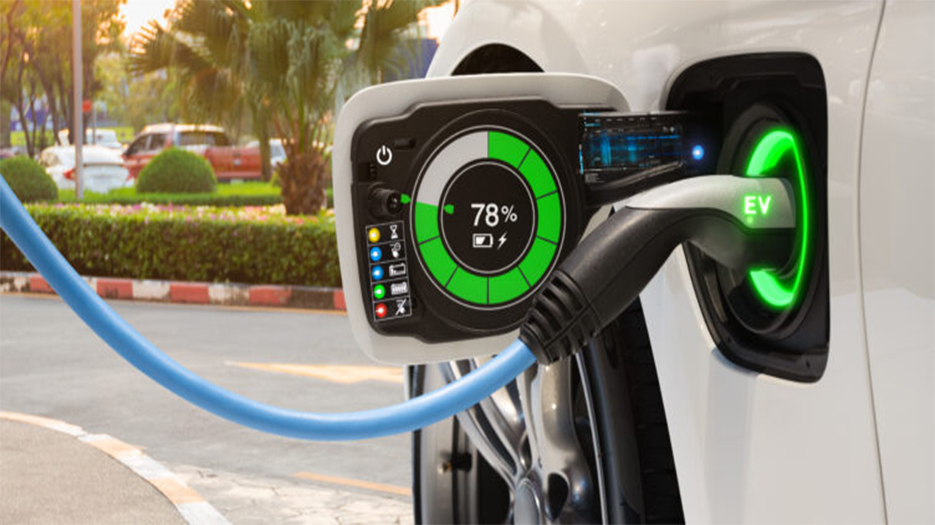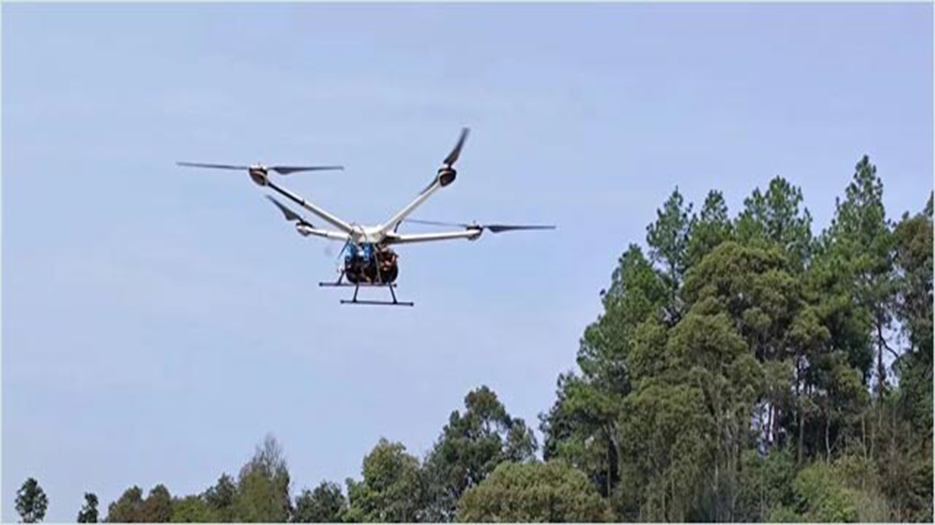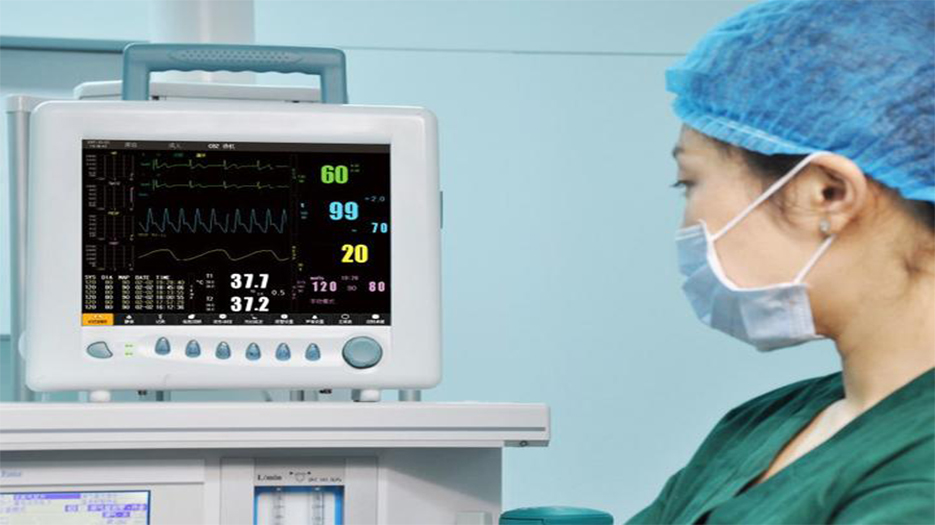With the rapid development of global technology, an increasing number of electronic smart devices have entered people’s lives. Simultaneously, the growing concerns about energy shortages and environmental issues have raised higher demands for batteries. This has led to the rapid advancement of lithium battery technology, which is widely applied in various fields, including transportation, healthcare, military, and energy storage.
Automobiles have become essential modes of transportation for people, but traditional gasoline vehicles are causing increasing environmental pollution. The new generation of lithium-ion batteries, due to their characteristics of being non-polluting, low in pollution, and versatile in energy sources, has seen significant development and application in the automotive industry. They are widely used in electric vehicles, hybrid vehicles, and electric bicycles, reducing dependence on fossil fuels and decreasing air pollution.!

Green public transportation is becoming a development trend. Rail transportation, as a new mode of transportation, with higher efficiency and environmental friendliness, relies on the application of lithium batteries.
Applications in the Electronics Industry
The lithium-ion battery industry continues to grow rapidly, with an increasingly diverse range of product types and improving product quality. They are used in consumer electronic products such as mobile phones, tablets, laptops, cameras, as well as in new energy vehicles, power tools, and energy storage systems. Moreover, the rapid development of industrial automation, military information technology, civilian convenience, and the growth of the internet of things and smart cities have expanded the lithium-ion battery market.
Applications in Energy Storage
Energy storage applications encompass grid-side energy storage, including solar and wind energy storage, automatic generation control (AGC), and energy solutions for renewable energy sources. User-side energy storage includes solar charging stations, home energy storage systems, and backup power sources. Grid energy storage is used in substations, virtual power plants, and peak shaving/frequency regulation. While energy storage lithium-ion batteries do not have direct requirements for energy density, different energy storage scenarios have varying requirements for power density. Lithium-ion batteries used in power storage need to meet safety, long lifespan, and high energy conversion efficiency.
Applications in the Military
In the context of modern information warfare, digital weapons are increasingly prominent, and military energy sources are crucial to a country’s overall security. Lithium batteries are widely used in the military for field power supply, unmanned devices, individual soldier power sources, high-energy weapon power sources, portable communication devices, night vision equipment, and more. They play an irreplaceable role in ensuring reliable power supply for the military in combat.

Applications in Aviation
Traditional civil aircraft primarily use nickel-cadmium batteries, which have drawbacks such as large size, weight, limited storage capacity, and slow charging compared to lithium batteries. With the maturation of lithium battery technology and performance improvements, high-performance, large-capacity lithium batteries will further meet the energy needs of the next generation of multifunctional civil aircraft. This will reduce aircraft weight and promote the gradual use of lithium batteries in onboard systems like emergency lighting, cockpit voice recorders, flight data recorders, independent recorder power sources, backup or emergency power, and main and auxiliary power supply units. As new materials continue to emerge, lithium battery technology will continue to develop and mature, with large-capacity, high-power lithium batteries having a broader range of applications in the aviation field.
In the medical field, there is a growing need for portable medical equipment that can be carried and used anytime, anywhere. It is the application and development of technologies like lithium batteries that have facilitated the proliferation of portable home instruments and mobile monitoring devices, allowing patients to stay in the locations they prefer. The demand for smaller and more portable medical equipment has significantly increased as a result.
The high energy density, lightweight, rechargeability, and portability of lithium batteries make them an ideal power solution in various application areas. They help reduce environmental pollution, improve energy efficiency, and drive technological innovation.


